Costumes and masks, lights and decorations, and a constant parade of strangers coming to your door— Halloween can be a downright spooky experience for pets. You can protect your pets by taking these steps to reduce the risk of them being hurt, poisoned, or lost.
- Don't feed pets Halloween treats. Raisins can cause your pet’s kidneys to fail, and candy may contain substances toxic to pets, such as chocolate or xylitol (a common sugar substitute found in sugar-free candies and gum). Often, you won’t be able to tell what a treat or piece of candy contains just by looking at it.
- Make sure your pets have identification (microchip, collar, and ID tag) that will make it easy for someone to contact you and return them home in case they escape through an open door while you're distracted with trick-or-treaters.
- Keep lit candles, jack-o-lanterns, and other Halloween decorations out of reach of pets.
- Keep all human costume pieces away from pets, along with glow sticks, decorations, batteries, and other holiday items. When chewed, glow stick items can release liquid that tastes really bad and can make pets drool excessively or act strangely (though it isn’t likely to be harmful). Other costume parts and decorations might cause choking, internal injury, or illness.
- If you plan to put a costume on your pet, make sure it follows these guidelines:
- Fits properly and is comfortable
- Doesn't have any pieces that easily can be chewed off or cause choking
- Doesn't block your pet's sight, hearing, breathing, mouth, or movement
- Take time before Halloween to get your pet accustomed to the costume, and never leave a costumed pet unsupervised.
- If your pet is wary of strangers or has a tendency to bite, put them in a room away from the front door during trick-or-treating hours, or provide them with a safe hiding place.
- Keep your pet indoors
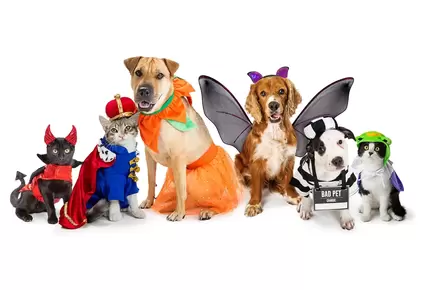
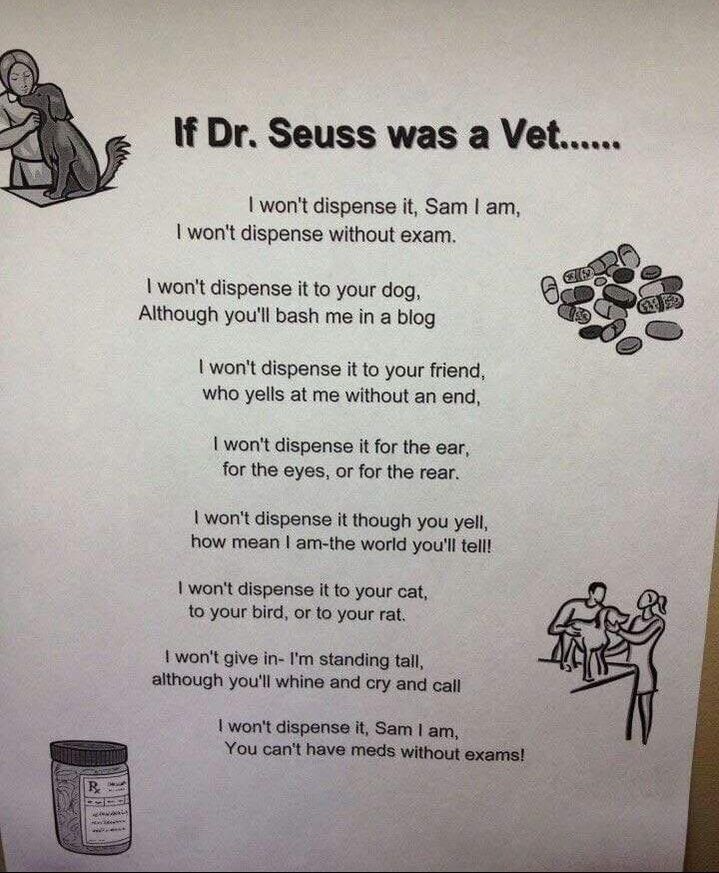
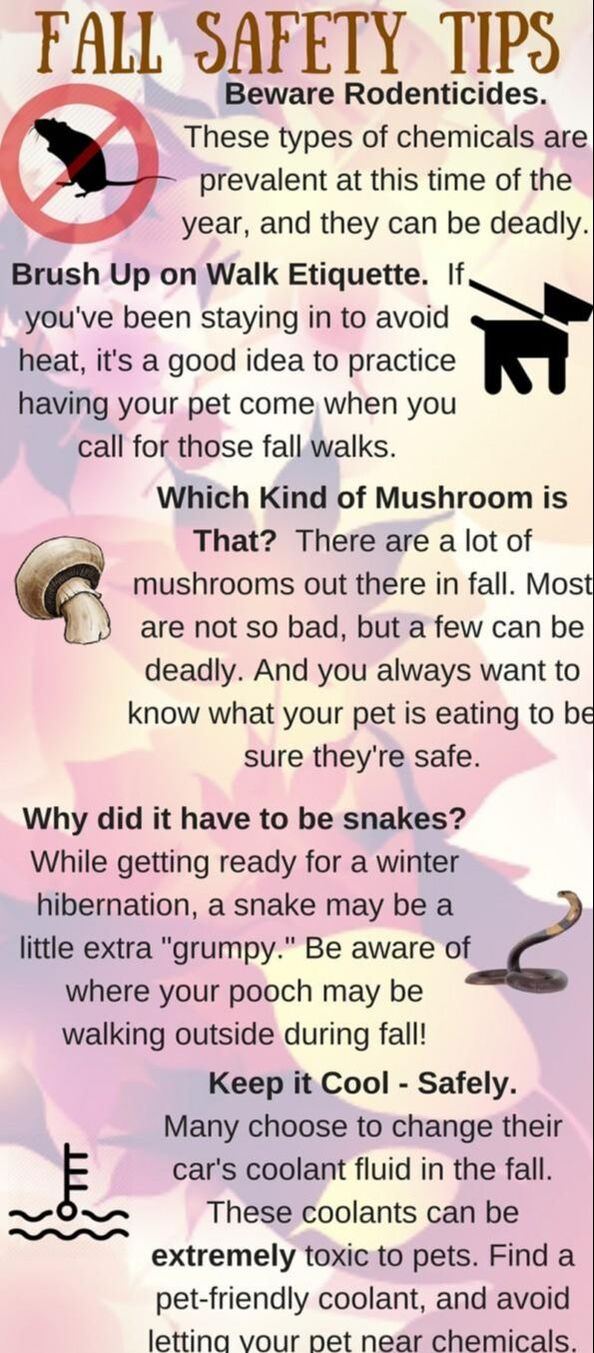


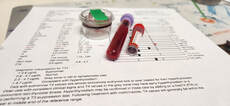
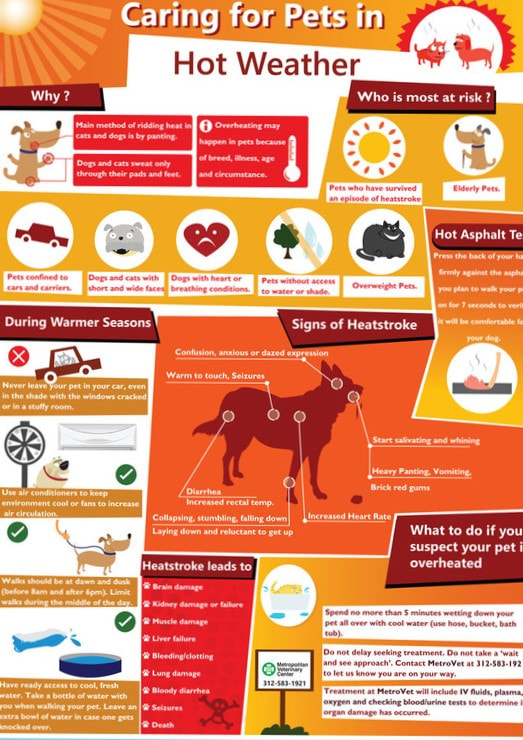
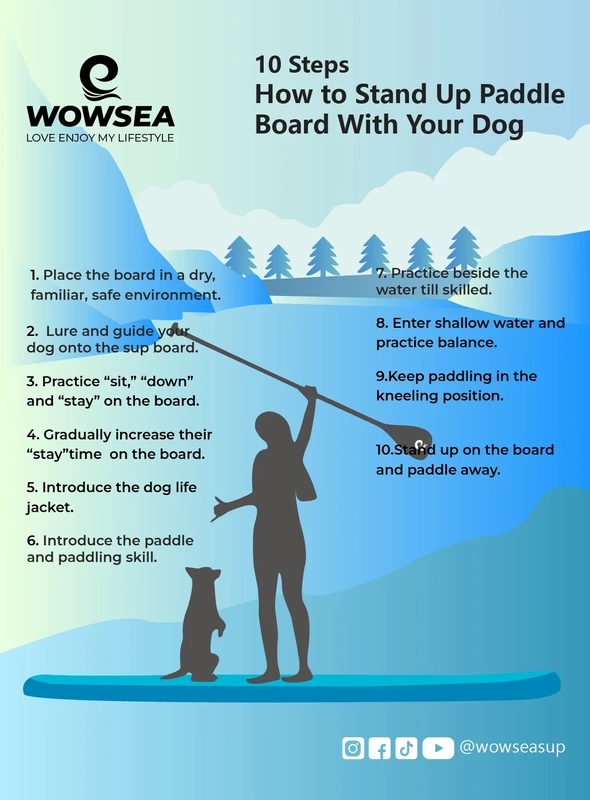
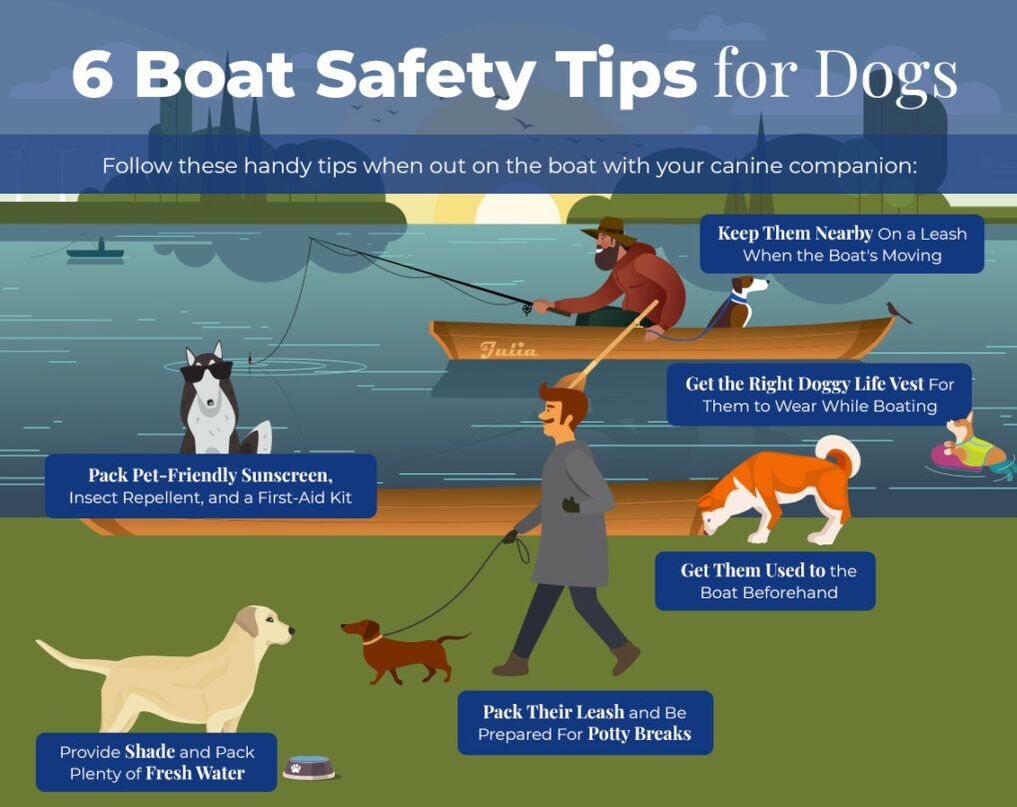
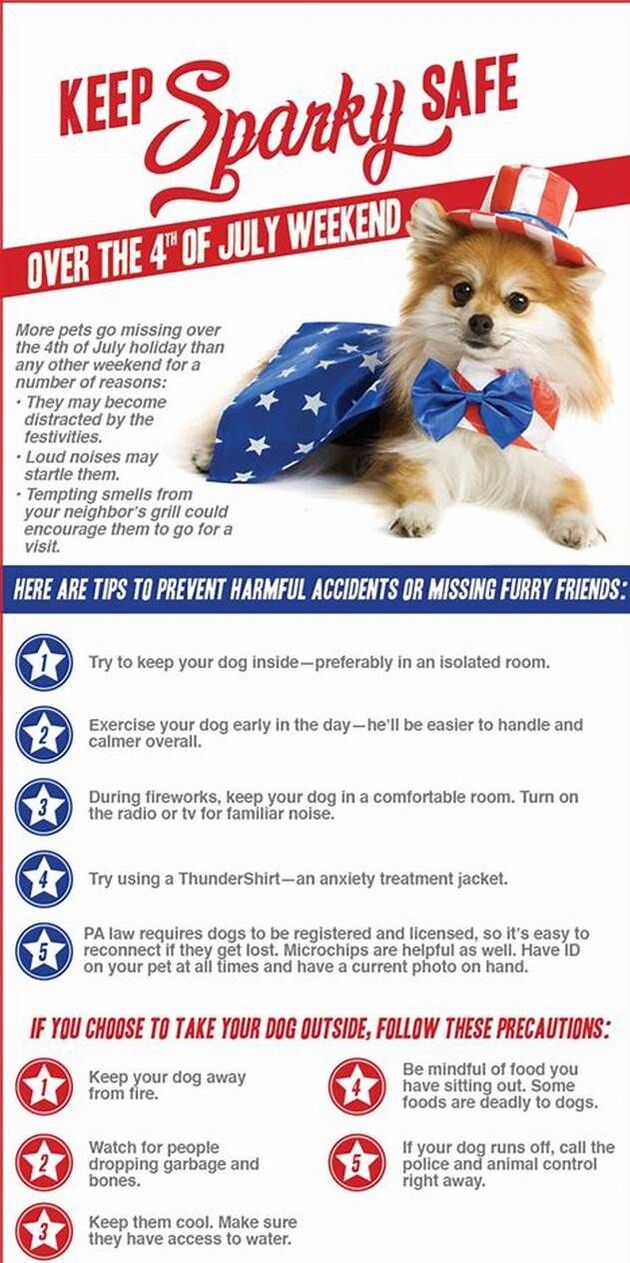
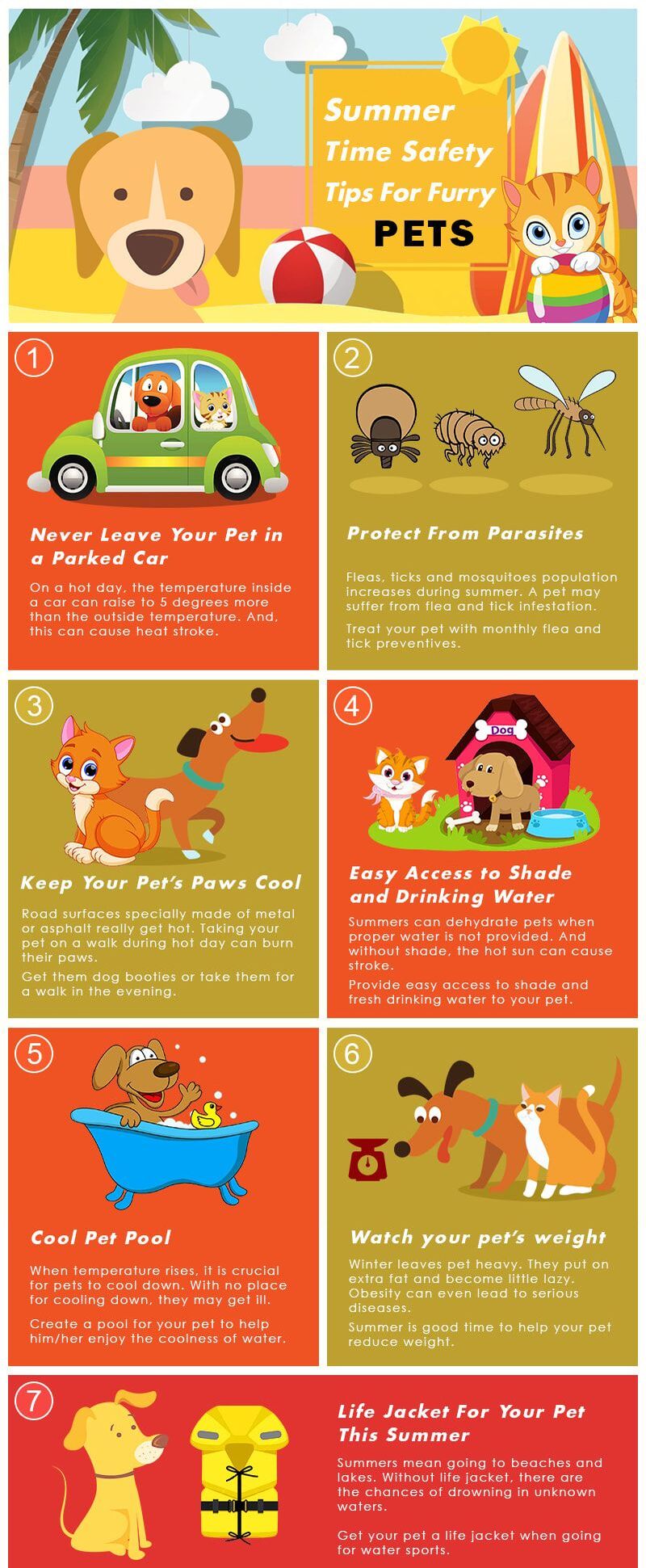

 RSS Feed
RSS Feed
